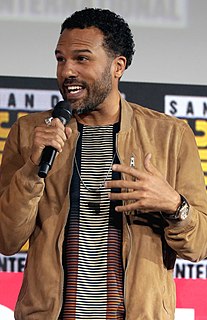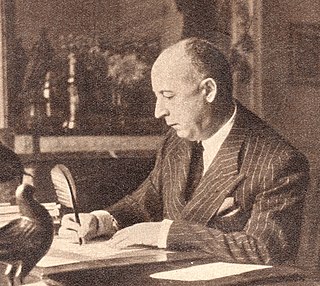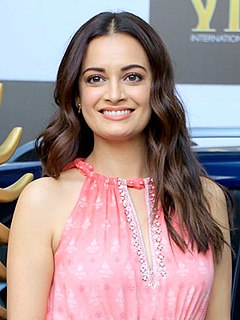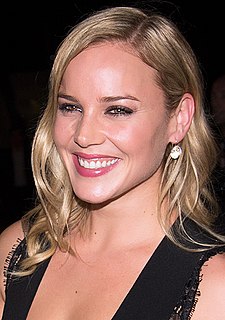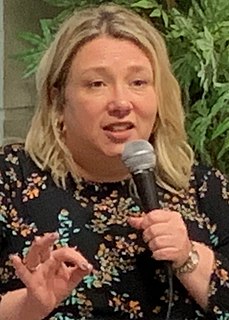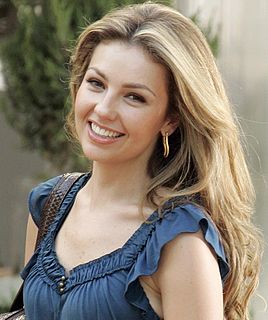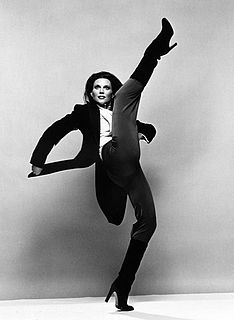A Quote by Juliet Stevenson
There's still a massive inequality between the genders. If you look at the trajectory of a male actor's career, there's no hesitation or hiatus. But women after the age of 35 to 40 are rarely placed in the centre of the story.
Related Quotes
I look at Woody Allen's prolific career of 30 or 40 films, and I'm watching the clock. I'd love to work at a clip of a film a year. We don't get the benefit of the doubt, particularly black women. We're presumed incompetent, whereas a white male is assumed competent until proven otherwise. They just think the guy in the ball hat and the T-shirt over the thermal has got it, whether he's got it or not. For buzzy first films by a white male, the trajectory is a 90-degree angle. For us, it's a 30-degree angle.
The contentious issue of pay parity between male and female actors is easily resolvable if a number of big actresses decide to put their foot down. But we have to also consider the factors of time and labour. If a female actor has shot only for 40 days and the male actor for 200 days, she cannot expect to be paid the same amount.
The bonding of women that is woman-loving, or Gyn/affection, is very different from male bonding. Male bonding has been the glue of male dominance. It has been based upon recognition of the difference men see between themselves and women, and is a form of the behaviour, masculinity, that creates and maintains male power… Male comradeship/bonding depends upon energy drained from women.
Within the new self-help books for women, patriarachy and male domination are rarely identified as forces that lead to the oppression, exploitation, and domination of women. Instead, these books suggest that individual relationships between men and women can be changed solely by women making the right choices.

